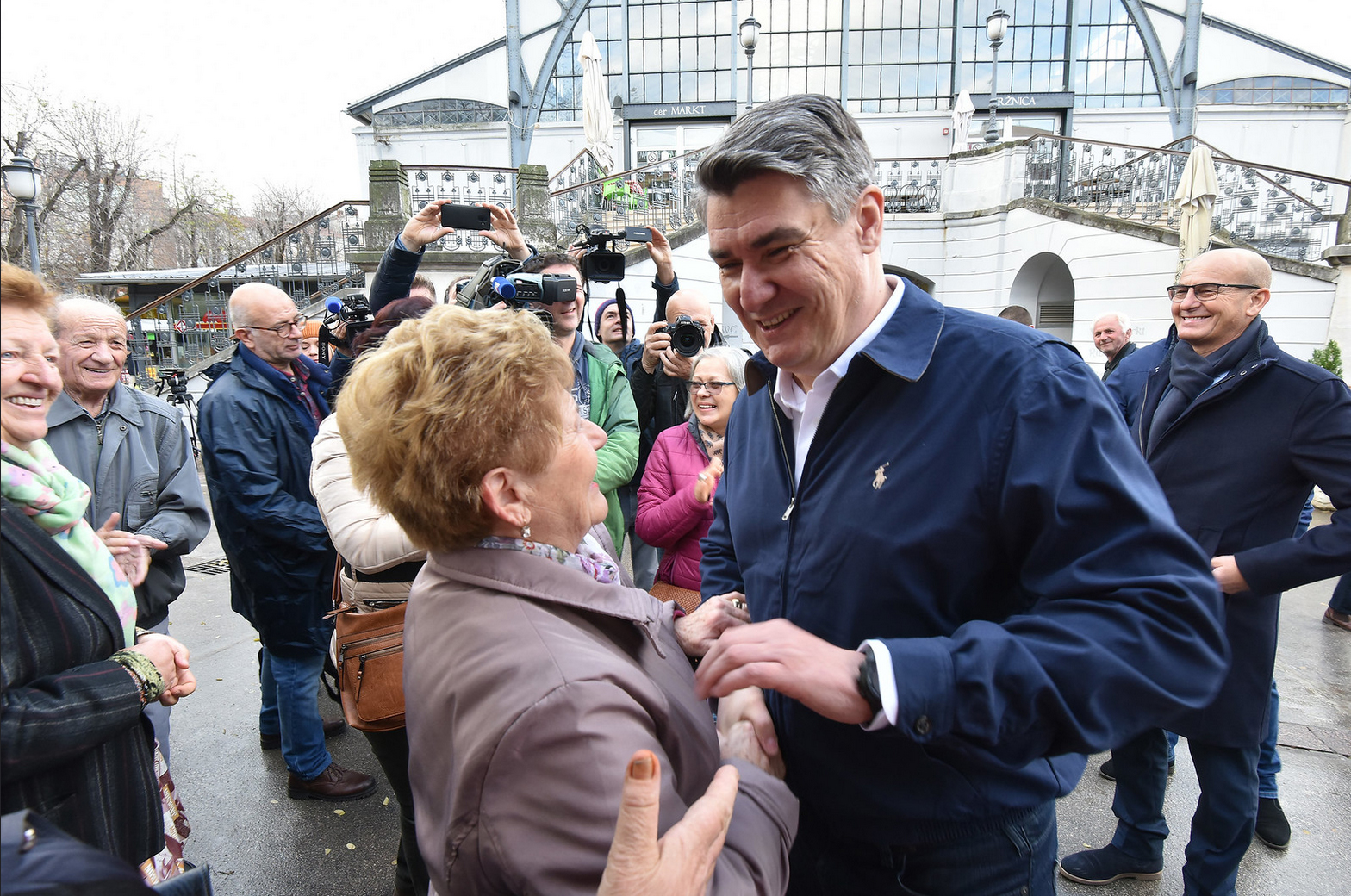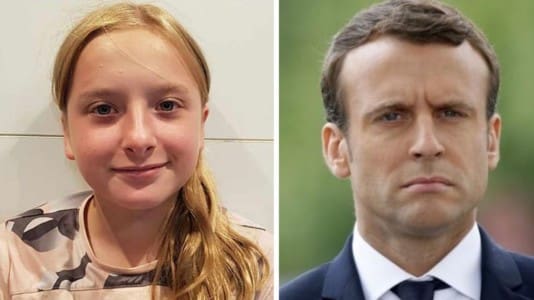Croatia joined its northern neighbor and fellow EU member state Hungary in refusing to train Ukrainian troops on its territory, a decision made on Monday during a meeting of European Union foreign ministers.
“I don’t want Croatia to get more involved in this war than it has to be,” President Zoran Milanović said on Tuesday in the Croatian capital of Zagreb.
“As the commander-in-chief of the Croatian army, I will not approve the training of Ukrainian soldiers in Croatia,” he added.
Milanović was responding to a journalist’s question on the European Union’s decision to set up a military training mission to further support Ukraine and improve the capabilities of the Ukrainian armed forces, which will operate on the territory of EU member states.
[pp id=39737]
“I don’t support the idea because I don’t want Croatia to get more involved in this war than it has to be. We are fair, we are in solidarity, and that’s it. No more than that,” said the head of state.
He pointed out that as president, he has no say in what military equipment Croatia donates to Ukraine, as this is up to the government. However, he added that he would only support the transfer of assets if they were replaced in exchange.
He said he did not support the “weakening” of the Croatian army. “The defense of Croatia comes first (…) then NATO and others,” he stated.
Hungary has taken a similar approach to the conflict, already stating during the outbreak of hostilities that it would not send weapons to Ukraine nor allow the transport of weapons through its territory, arguing it did not want to become party to another country’s military conflict. Speaking about the EU’s decision on training Ukrainian troops, Hungarian Minister of Foreign Affairs and Trade Péter Szijjártó said that Hungary must take its own interests into account first.
[pp id=51732]
“Our first duty and task is to ensure the security of Hungary and the Hungarian people, and to avoid getting involved in the war,” he said.
He also said that Hungary would decide on a case-by-case basis whether to allow any supplies or troop movements related to a mission to pass through the country.
Szijjártó indicated that despite the threats to both Europe’s security and economies, few nations appear interested in finding a peaceful resolution to the war.





